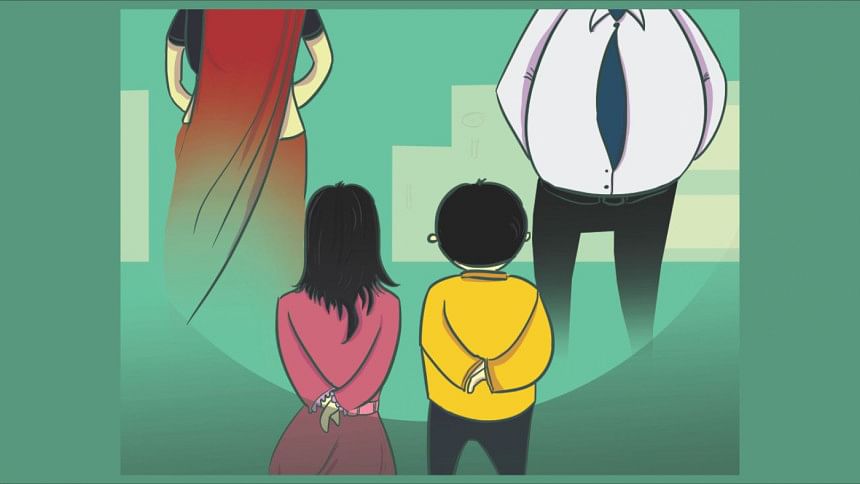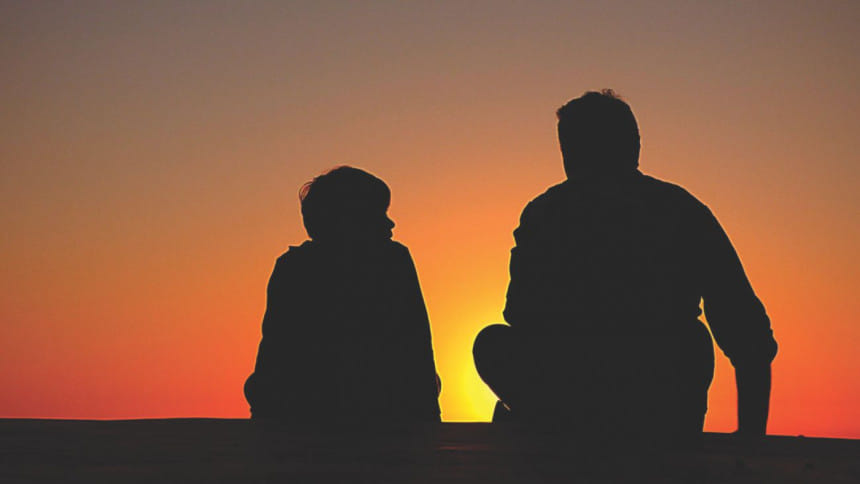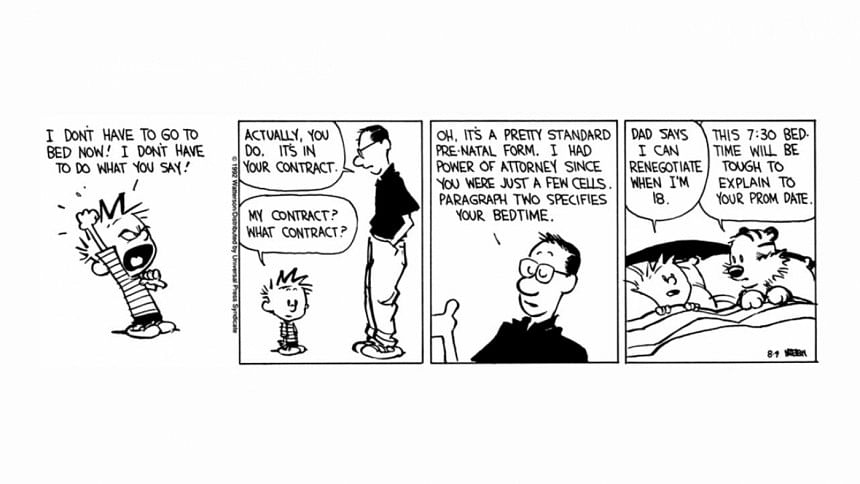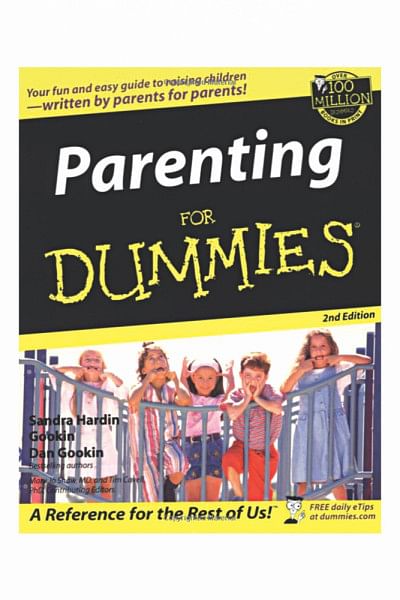Youngsters Talk Parenting

Aysha Zaheen, 19, an HSC graduate, thinks that the privacy of young people is an important matter that parents sometimes do not respect. "I guess it'd be nice if parents respected their kids' privacy. That's something parents seem to overlook and honestly, if you haven't been the friend your kids could share everything with, then checking their phone or reading their personal diary is immoral."
Fifteen year-old Fariha Tajkia Tomory of Bandarban Cantonment Public School and College shares the same sentiment: "If I'm smiling at my phone, my parents start suspecting me. They also compare me with other kids, which hurts at times. Parents should make time for their children, respect and listen to their point of view."
Some teenagers like Shah Tazrian Ashrafi, 18, student of Bir Shreshtha Noor Mohammad Public College, seem to think that parents can be a little too strict sometimes. "While it's okay for every parent to keep their children under control for their betterment, it does more harm than good when they impose strict rules that can only make the children unruly. Despite the fact that I have my board exams next year, my parents think that a matter of a few hours of ECAs or hanging out will harm my studies when, in fact, that really is not the case. There are many parents who are like this. They need to understand that this is a very crucial age to make friends and build a healthy social circle, so have rules but also learn to trust your child," he says.

Others seem to think that being strict can actually be a good thing. "They (parents) can be tough at times, that's not a problem. But I think parents should also be nice and calm and give their children time to open up to them rather than pressurising them with questions," says Sk Prithula, 14, student of South Point School and College.
Parents should be omnipresent as both friend and a source of guidance. On the topic of being a parent herself someday, 17 year-old Shayma Tasnim, an O Level candidate, said, "I would become my child's best friend. I'd advise kids not to follow their hearts all the time and think wisely; I'd be the guide for them."
Thirteen year-old Jannatul Sreya of Junior Laboratory High School, has a similar point of view: "Parents should properly guide their children. Shouting or using violence is never a solution and will only make matters worse. They should also help the children with studies rather than making them fully dependent on tutors."


Adding to this point of not being violent, 19 year-old Tahmid Ahmed Shakir, an A Level graduate, shares: "Please don't scold the children for anything at all. Talk to them. Be soft. When you're being harsh on them, you break their confidence into a million pieces."
Fourteen year-old Mukarrabin Chisty, student of Monipur Uchcha Vidyalaya and College, says, "I expect my parents to support my aim in life. They should encourage and empower me instead of imposing their own unfulfilled dreams on me." Mukarrabin's point about acceptance is further discussed by Mustashfi Mustakim, 18, student of Notre Dame College. He says, "Instead of constantly telling the kids 'Lok e ki bolbe?' ('What will people say?'), I'd tell my kids to learn to live their lives on their own terms and have some self-respect."
Suhala Noshin Auntara, 15, ninth grader at Udayan Higher Secondary School, had a quite wholesome opinion: "Let your kids fall in love with life. Laugh with them. Let them share their stories and experiences with you and share yours with them. Support their dreams and passion, let them live their own lives. Concentrate on what they're saying, not on what the society is saying. Give them freedom and protect them. Try to be honest with them -- it encourages them to be honest with you. Teach them to love and not to judge."
Another student of Birshreshtha Noor Mohammad Public College, Nuzhat Hayat Khan, 15, had some great points to add: "Trust your children. Make sure they're receiving proper education rather than stressing over positions. Ask them what's wrong if you feel like something is."


Amazingly mature for her age, Saiyara Islam, 13, student of Maple Leaf International School, comments, "Parents need to be more open towards children's views and not demean their opinions just because they aren't adults yet. They need to handle the children's mistakes with care, that is, actually teach them why it was a mistake instead of repeatedly making them feel guilty. Parents should encourage them during failures and really prepare them mentally for challenges. At present, most Bangladeshi parents including mine believe that they can always decide what is right and wrong for us. Thus, even at the age of 20/25, they don't trust us with handling situations. In short, we aren't prepared for real life challenges because our parents have always decided for us."
When asked about this topic, 17 year-old Ibnat Raisa of Viqarunnisa Noon School and College had five different points to talk about. The gist of it was, "Don't give the kids mobile phones before the age of 14; explain things before punishing them; don't scold them, especially in public; teach them how to react to different situations; and lastly, teach them how to manage their time and money."
While all of the above people had well thought out opinions and advice, one A Level graduate who wishes to remain anonymous, says, "Mair er upore oshudh nai." ("There is no better medicine than a beating.") But is physical abuse of children of any sort acceptable? That different yet very important matter requiring further discussion. However, if you're wondering if I think it is acceptable, type the anonymously shared Bangla sentence into Google Translate and you'll get an answer.

Mayabee Arannya is a confused soul still searching for a purpose. Give her advice on life at facebook.com/mayabee.arannya





Comments